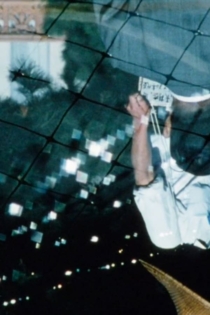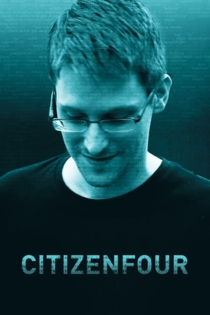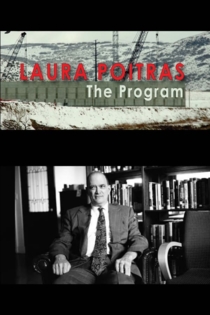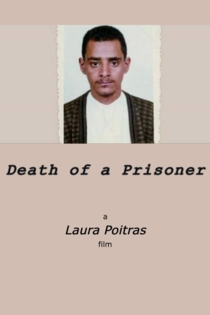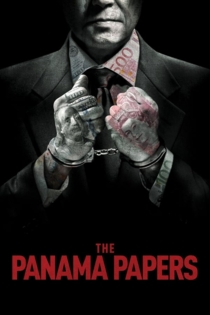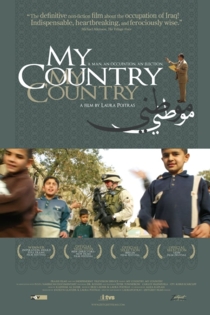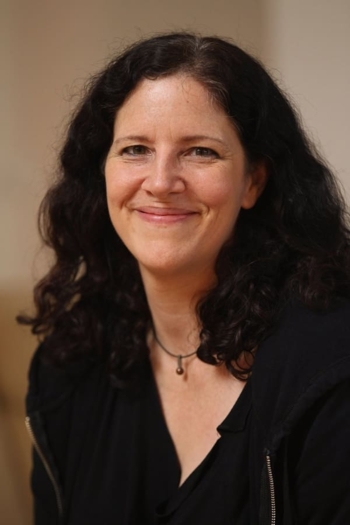
Laura Poitras
1964 (62 года)All Governments Lie: Truth, Deception, and the Spirit of I.F. Stone
Fred Peabody
I.F. Stone, Chris Hedges
Vancouver-based filmmaker and TV news veteran Fred Peabody explores the life and legacy of the maverick American journalist I.F. Stone, whose long one-man crusade against government deception lives on in the work of such contemporary filmmakers and journalists as Laura Poitras, Glenn Greenwald, David Corn, and Matt Taibbi.
All Governments Lie: Truth, Deception, and the Spirit of I.F. Stone
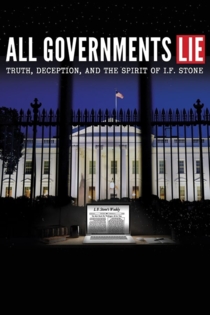
The Oath
Laura Poitras
Osama bin Laden, Salim Hamdan
Tells the story of two men, Abu Jandal and Salim Ahmed Hamdan, whose fateful encounter in 1996 set them on a course of events that led them to Afghanistan, Osama bin Laden, 9/11, Guantanamo, and the U.S. Supreme Court.
The Oath
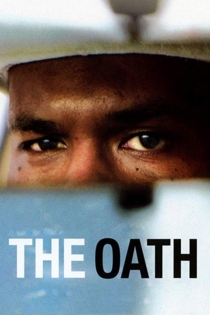
Flag Wars
Linda Goode Bryant, Laura Poitras
Nina Masseria, Chief Baba Olugbala Shango Obadena
Filmed over four years, this documentary focuses on the impacts of gentrification as gay white professionals move into a largely black working-class neighborhood in Columbus, Ohio.
Flag Wars
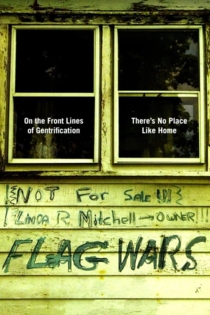
Capturing Reality
Pepita Ferrari
Errol Morris, Werner Herzog
From cinema-verite; pioneers Albert Maysles and Joan Churchill to maverick movie makers like Errol Morris, Werner Herzog and Nick Broomfield, the world's best documentarians reflect upon the unique power of their genre. Capturing Reality explores the complex creative process that goes into making non-fiction films. Deftly charting the documentarian's journey, it poses the question: can film capture reality?
Capturing Reality
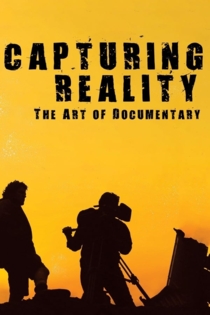
Meeting Snowden
Flore Vasseur
Marianne Denicourt, Birgitta Jónsdóttir
Moscow, Russia, December 2016. Edward Snowden, Larry Lessig and Birgitta Jónsdóttir meet for the first time in a secret place. Apparently, Russia is interfering in the US presidential elections while it mourns the death of its ambassador to Turkey. Snowden carefully chooses his interviews, so nobody really knows something about him. As the world prepares for Christmas, they gather to discuss the only issue that matters, their common struggle: how to save democracy.
Meeting Snowden
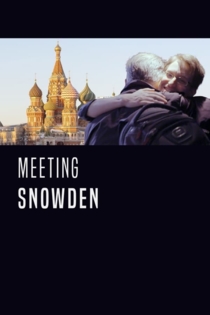
Project X
Henrik Moltke, Laura Poitras
Rami Malek, Michelle Williams
A top-secret handbook takes viewers on an undercover journey to Titanpointe, the site of a hidden partnership. Narrated by Rami Malek and Michelle Williams, and based on classified NSA documents, PROJECT X reveals the inner workings of a windowless skyscraper in downtown Manhattan.
Project X
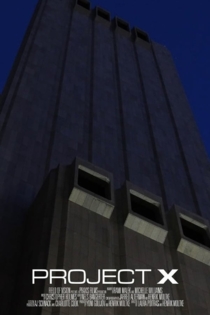
Risk
Laura Poitras
Julian Assange, Sarah Harrison
Capturing the story of WikiLeaks founder Julian Assange with unprecedented access, director Laura Poitras finds herself caught between the motives and contradictions of Assange and his inner circle in a documentary portrait of power, betrayal, truth and sacrifice.
Risk
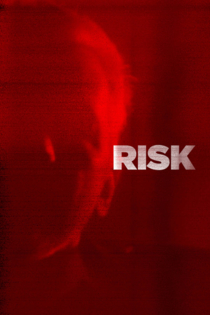
The Year of the Everlasting Storm
Apichatpong Weerasethakul, Jafar Panahi
Yay Yay Bobby Jones, Catherine Machovsky
Featuring seven stories from seven auteurs from around the world, the film chronicles this unprecedented moment in time, and is a true love letter to the power of cinema and its storytellers.
The Year of the Everlasting Storm
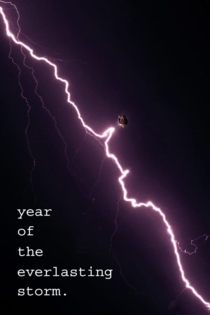
O'Say Can You See 1
Laura Poitras
As prologue to a trilogy of films about 9/11 America, this is the first channel of Laura Poitras’s double video installation. The film captures, in haunting slow-motion, the faces of stunned and saddened onlookers gazing at the unseen rubble of the World Trade Center shortly after the 9/11 attacks. The soundtrack is composed of the National Anthem recorded in October 2001 at the Yankees' World Series Game 4 in New York.
O'Say Can You See 1
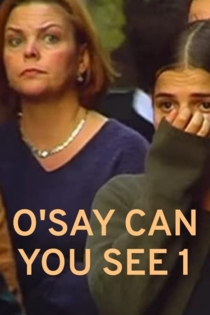
O'Say Can You See 2
Laura Poitras
This is the second channel of Laura Poitras’s double video installation. It is comprised of United States military footage of interrogations, conducted shortly after 9/11, with two U.S. prisoners in Afghanistan, one of whom, Salim Hamdan, is the subject of Poitras’s feature documentary THE OATH.
O'Say Can You See 2
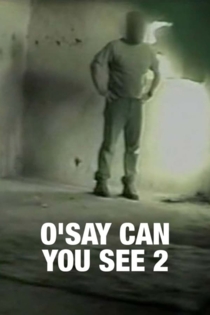
Renga
Erik Anderson, Paul Baker
“Renga is a linked-verse form of Japanese poetry that, though still practiced today, reached its peak between the 13th and 16th centuries. It is characterized by being a group composition, typically in the presence of judges and an audience, with poets rapidly contributing stanzas such that each new stanza addresses only the previous stanza; there is no overarching plot development, and the overall structure is a chain, not a conventional, linear narrative… In 1989, I had the great privilege to be involved in a film renga that was produced in the graduate film seminar led by Nathaniel Dorsky at the San Francisco Art Institute.” —Eric Theise
Renga
